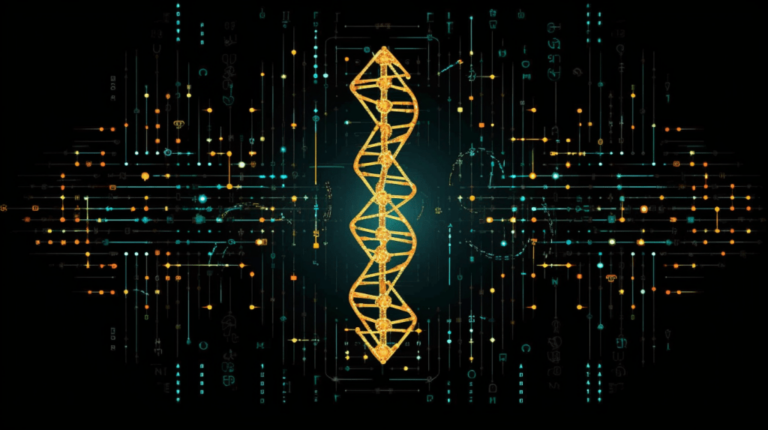Unlocking Expertise: How E-Books are Revolutionizing Access to Specialized Knowledge
In recent years, the accessibility of rare knowledge, once confined to university libraries and specialized collections, has dramatically transformed thanks to e-books and digital archives. This shift in how we access information is not just a technological advancement; it’s a cultural revolution that democratizes learning and knowledge sharing.
The Emergence of Digital Libraries
Digital libraries are revolutionizing the way we access specialized knowledge. These platforms are becoming essential resources for anyone seeking information on topics ranging from medical journals to historical documents. No longer are these materials hidden behind paywalls or institutional barriers.
How Digital Archives Are Changing the Game
The rise of digital archives signifies a profound change in the landscape of knowledge access. Here are some key benefits:
- Accessibility for All: E-books and digital libraries make specialized texts available to everyone, regardless of their geographical location.
- Cost-Effective Learning: With free or low-cost options, individuals can explore new subjects without incurring hefty tuition fees.
- Preservation of Knowledge: E-books help protect fragile texts, ensuring that valuable historical documents remain accessible even as physical copies deteriorate.
- Empowering Independent Research: Hobbyists and lifelong learners can delve into niche topics at their own pace, fostering a culture of self-directed study.
Breaking Barriers: Four Key Impacts of E-Books
The impact of e-books extends beyond mere convenience. Here are four significant ways they are transforming access to knowledge:
- Bridging Geographic Gaps: E-books enable individuals in remote areas to engage with academic content. For instance, a farmer can learn about soil chemistry without ever stepping into a university.
- Facilitating Career Transitions: E-books provide aspiring professionals the resources they need to pivot careers, allowing for easy access to industry-specific knowledge without the burden of course fees.
- Preserving Historical Knowledge: Rare texts and documents are digitized, allowing them to be stored and shared indefinitely, safeguarding them against physical degradation.
- Encouraging Self-Directed Learning: E-books serve as tools for individuals passionate about niche subjects, enabling deeper exploration without financial constraints.
The Transformative Power of Knowledge
As knowledge becomes more accessible, the ripple effects can be profound. A single e-book download can ignite new ideas, inspire projects, or even lead to career changes. The increased availability of texts creates a richer dialogue, allowing diverse voices to contribute to discussions on various topics.
This transformation is not about replacing traditional educational methods but about expanding opportunities for everyone. When knowledge is shared freely, it encourages curiosity, growth, and innovation.
For further insights on the future of digital libraries, visit Open Library or explore the resources available on Project Gutenberg.
Embrace this new era of knowledge access, where e-books and digital archives are not just tools but gateways to endless discovery.







